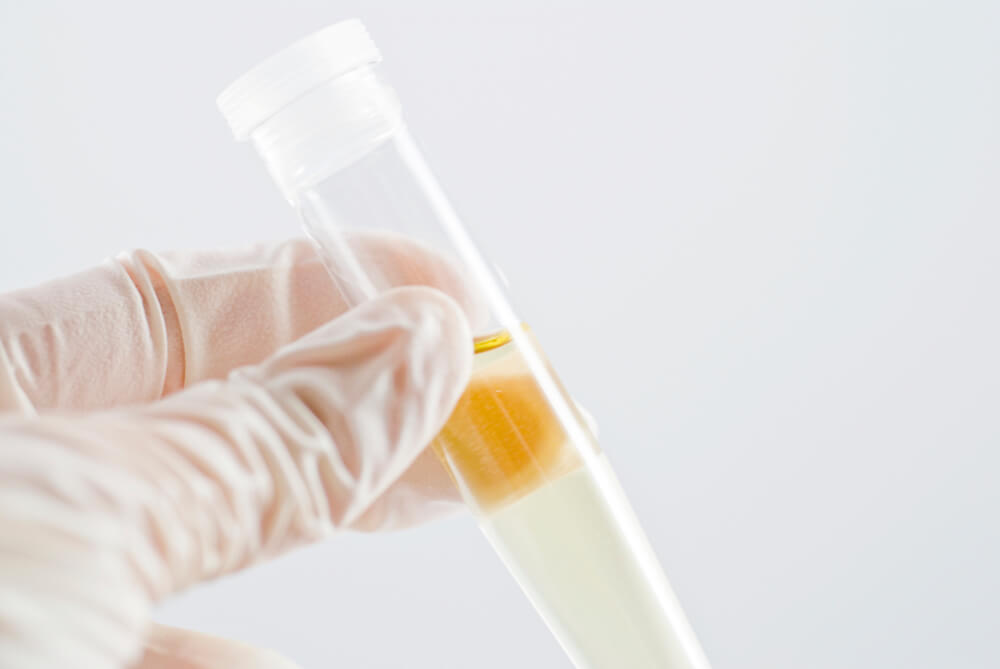Synthetic urine, also known as fake urine or laboratory-made urine is a specially formulated substance that mimics the chemical composition and physical properties of real human urine. While the use of synthetic urine raises ethical concerns, it has found a range of distinctive uses in drug testing. Drug testing is a common practice in various settings, including pre-employment screenings, probationary programs, and sports competitions. Synthetic urine, despite its controversial nature, has been employed for a variety of purposes in these drug testing scenarios. One significant use of synthetic urine in drug testing is as a control sample. Drug testing laboratories utilize control samples to ensure the accuracy and reliability of their testing procedures. By including a known substance such as synthetic urine as a control, technicians can assess the performance of the equipment and the validity of the testing process. This helps in identifying any potential errors or inconsistencies in the analysis, thereby enhancing the overall quality of drug testing results.

Another application of synthetic urine in drug testing is for calibrating drug testing equipment. Calibration involves adjusting and verifying the accuracy of testing instruments to ensure that they provide reliable and consistent results. Synthetic urine, with its known composition and characteristics, can serve as a standard reference material for calibrating drug testing equipment. This ensures that the devices are accurately measuring the presence of various drugs or their metabolites in a urine sample. One controversial use of synthetic urine in drug testing is as a substitution for real urine by individuals attempting to deceive the testing process. Some people who engage in illicit drug use or are concerned about testing positive for drugs may attempt to cheat the system by substituting their urine sample with synthetic urine. However, drug testing laboratories have become increasingly vigilant in detecting such attempts and have implemented measures to identify the presence of synthetic urine, such as checking for temperature abnormalities or analyzing the sample for markers indicative of substitution.
Furthermore, Synthetic urine replacement is employed for the development and evaluation of new drug testing methods. Researchers and scientists involved in drug testing constantly strive to improve the accuracy and efficiency of their procedures. Synthetic urine provides a consistent and controlled sample that can be used to refine testing protocols, assess the sensitivity and specificity of new analytical techniques, and validate the performance of novel testing devices. This allows for the advancement of drug testing methodologies, leading to more reliable and precise results. While its application as a substitute for real urine raises ethical concerns, the use of synthetic urine in controlled environments can contribute to the improvement of drug testing accuracy and reliability. However, it is essential to recognize that the existence of synthetic urine also poses challenges for drug testing laboratories, as they must remain vigilant. As the field of drug testing continues to evolve, ongoing efforts are required to stay ahead of emerging technologies and strategies employed by individuals seeking to circumvent the process.